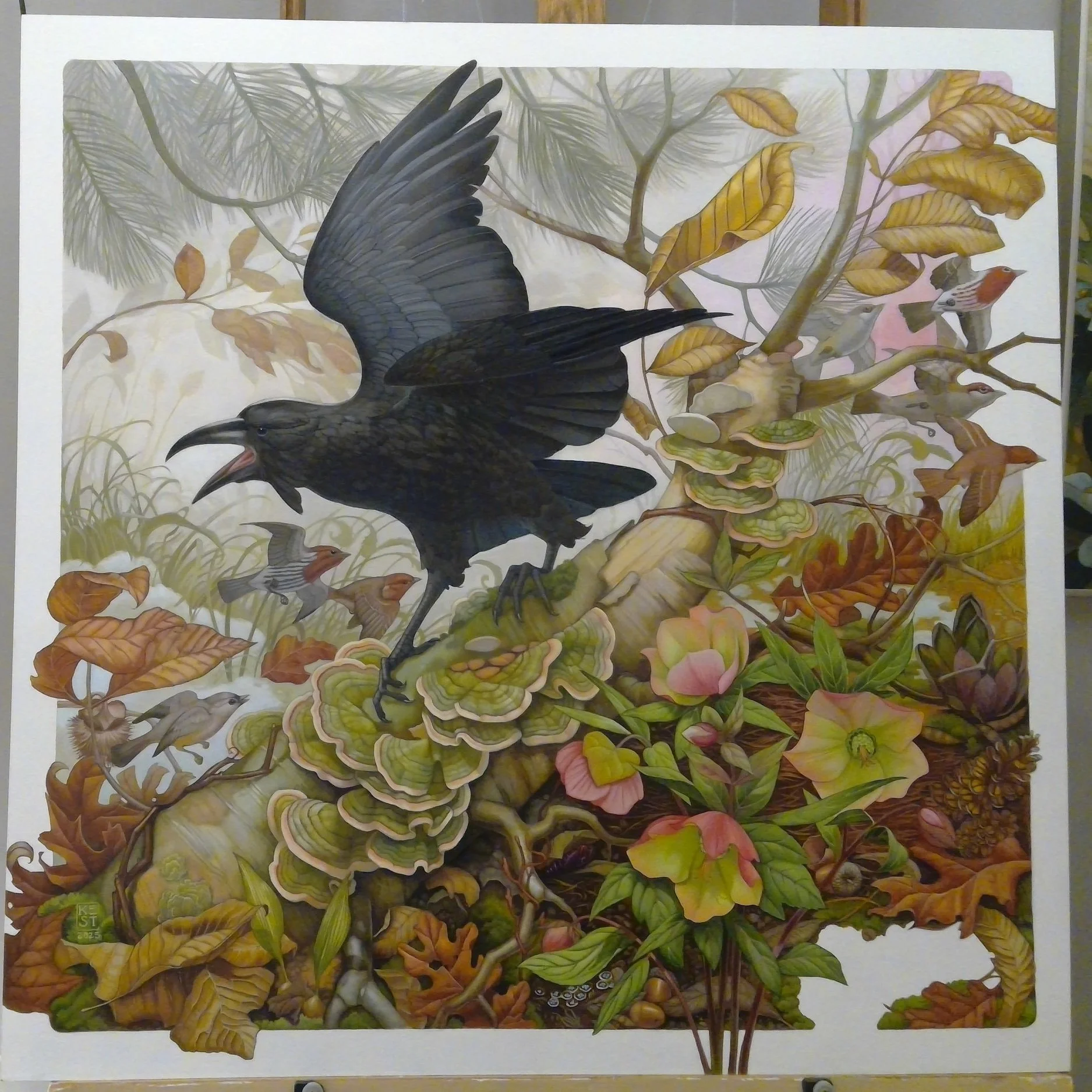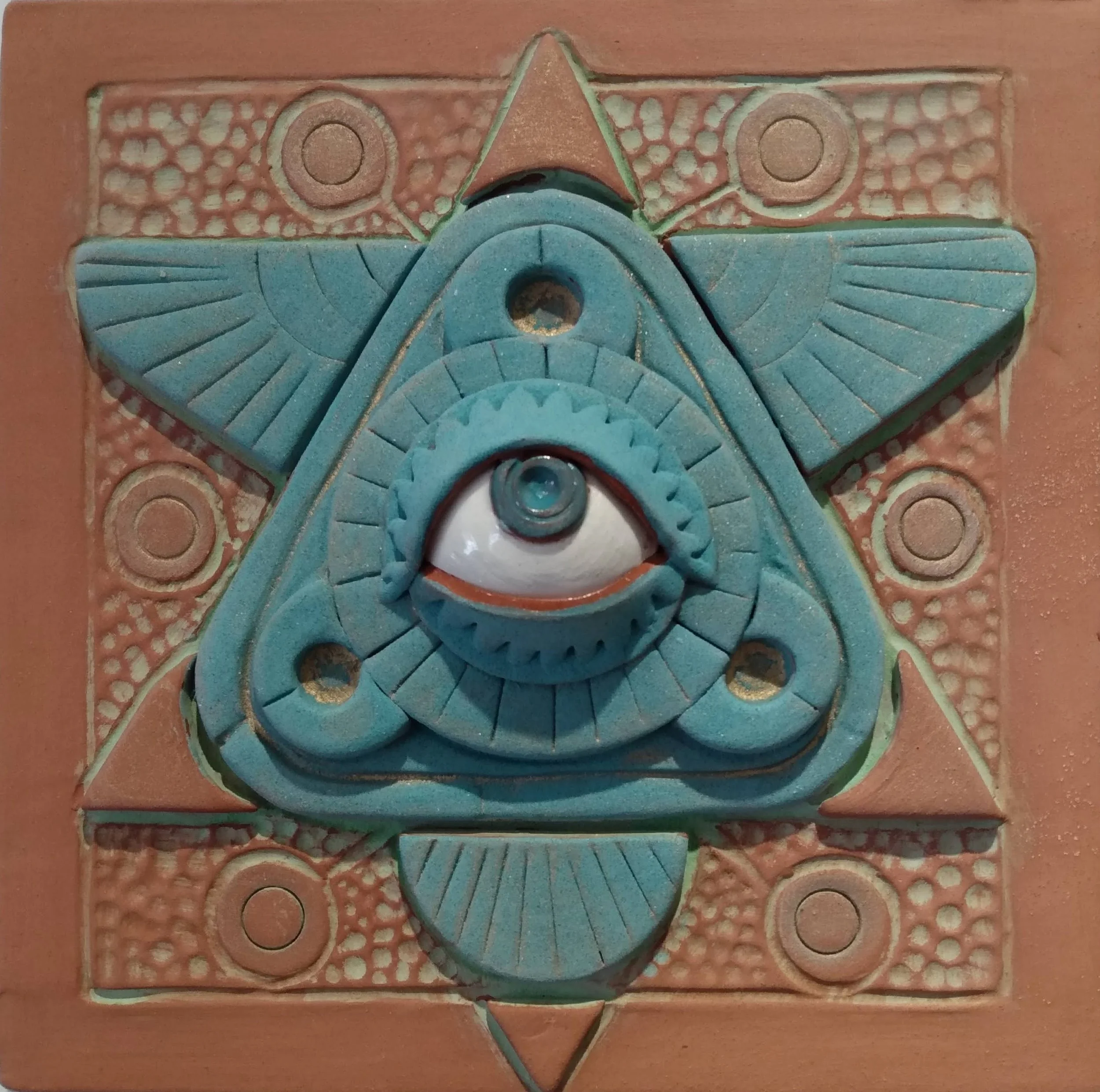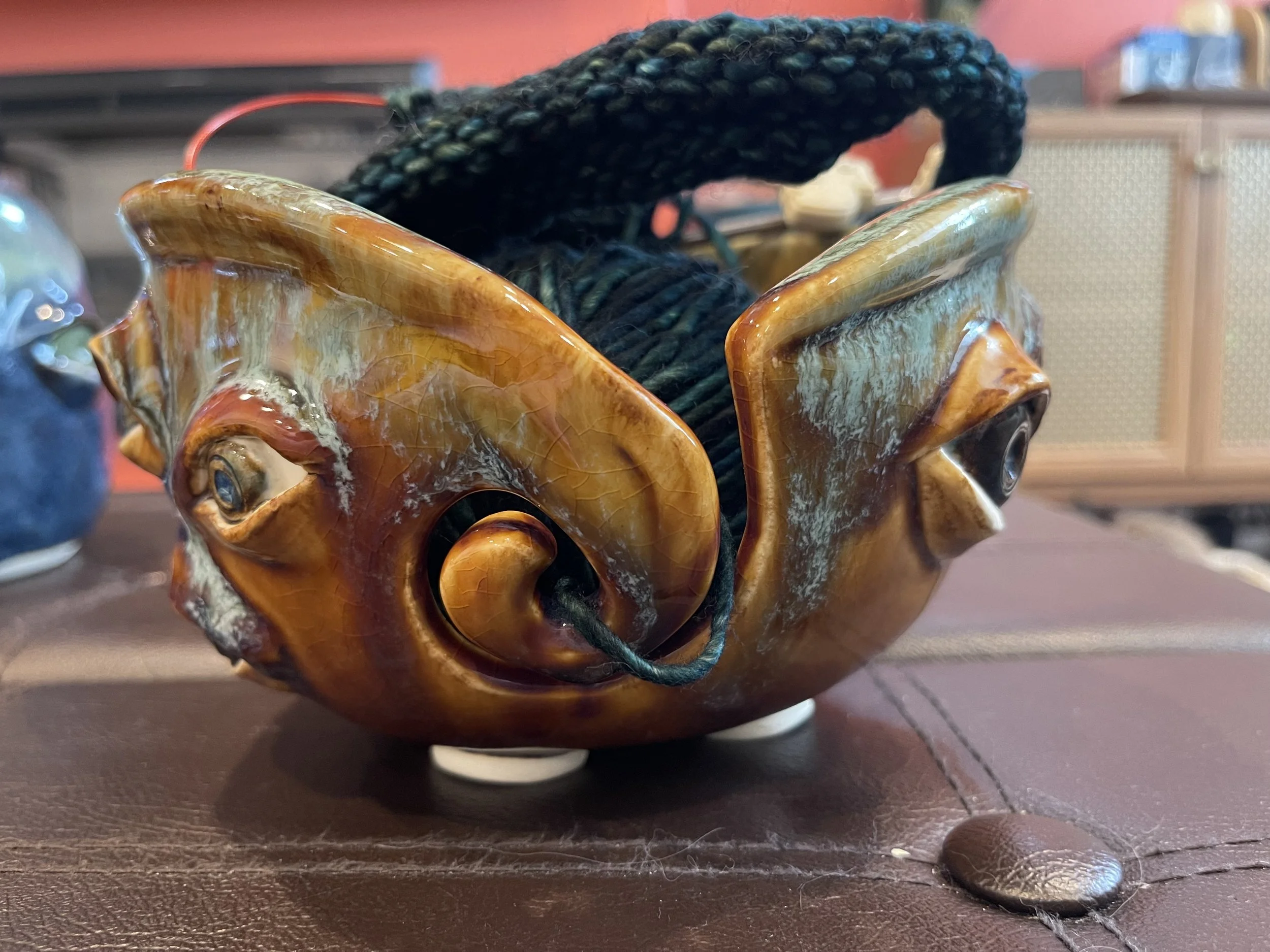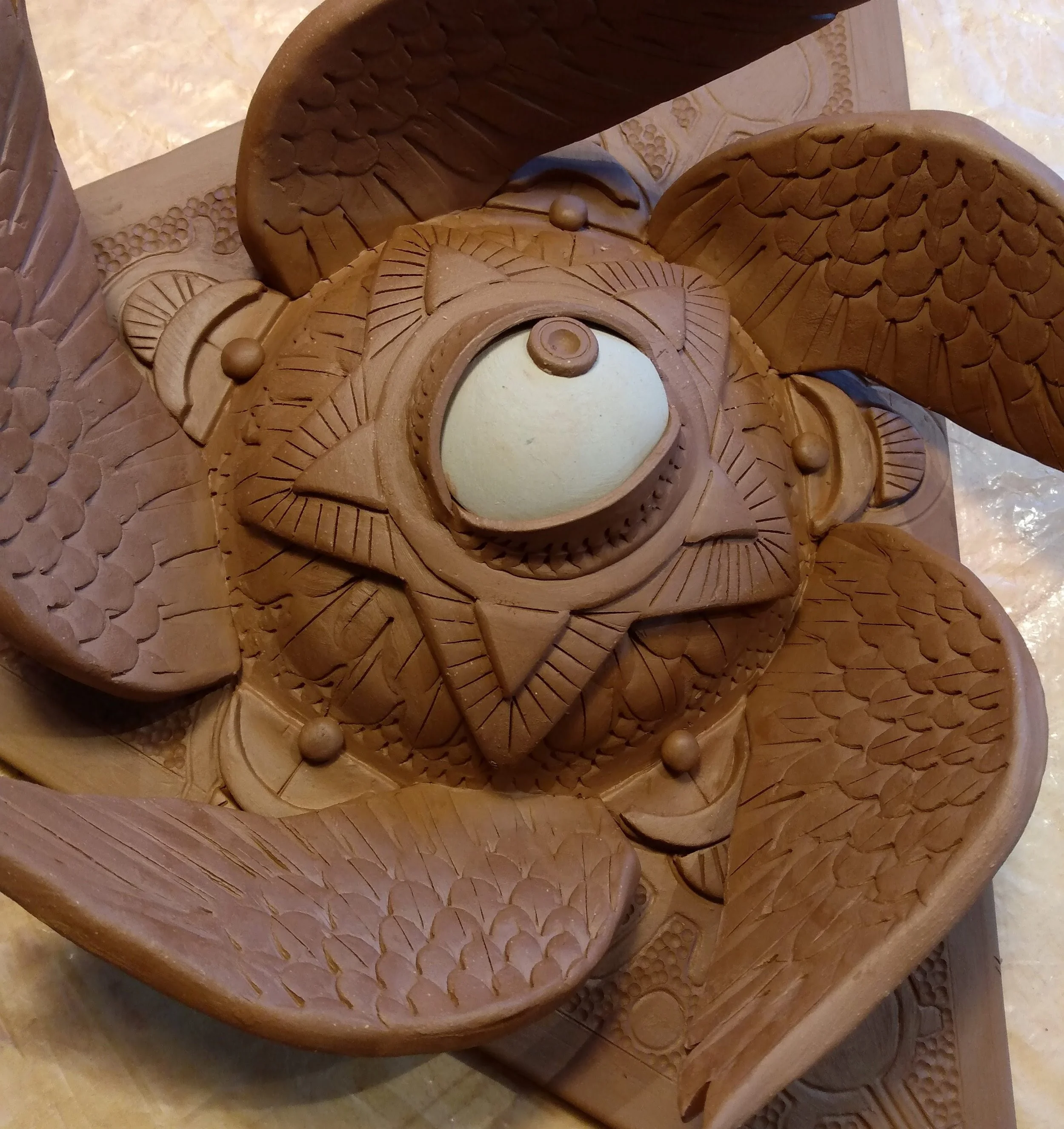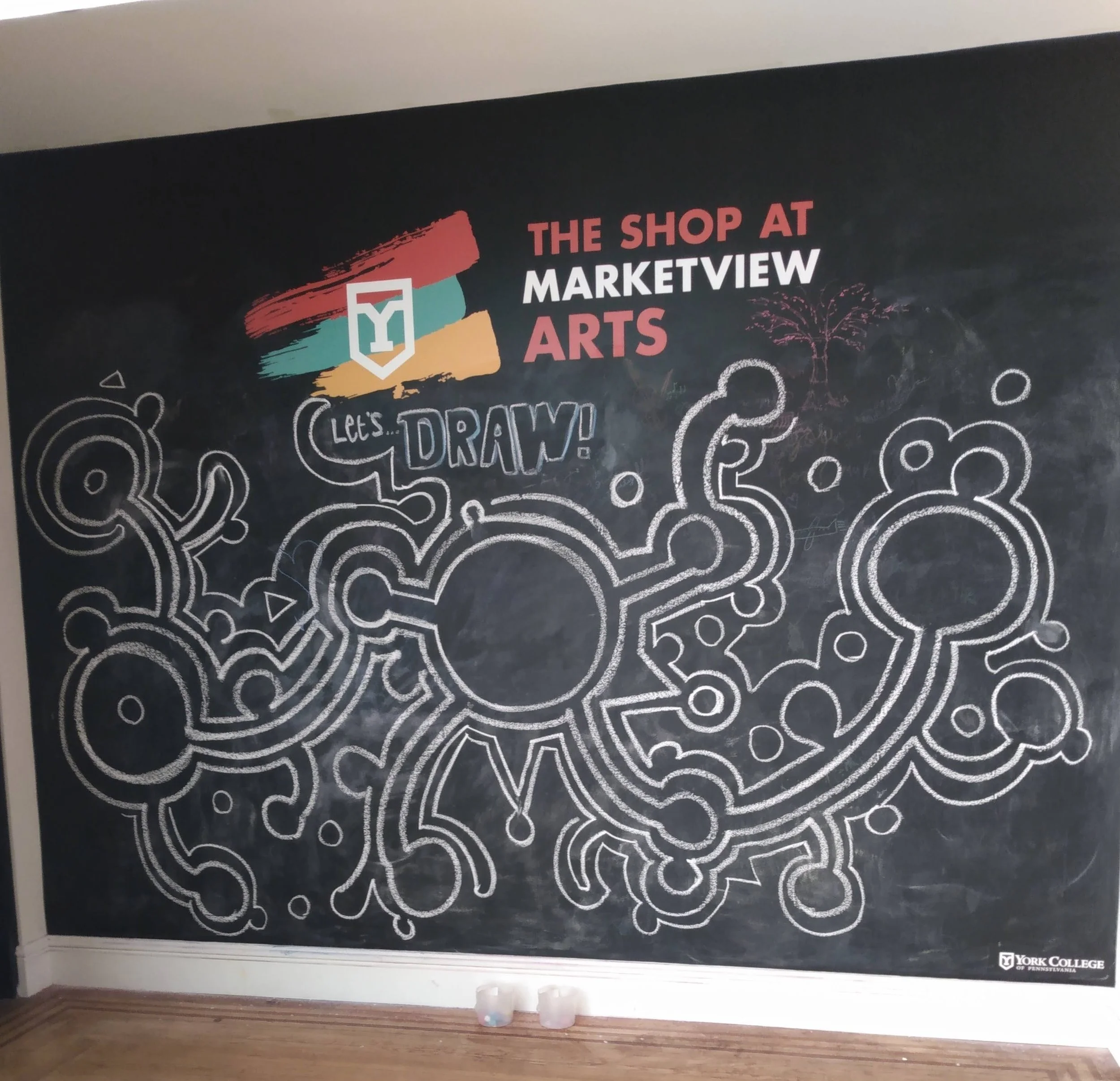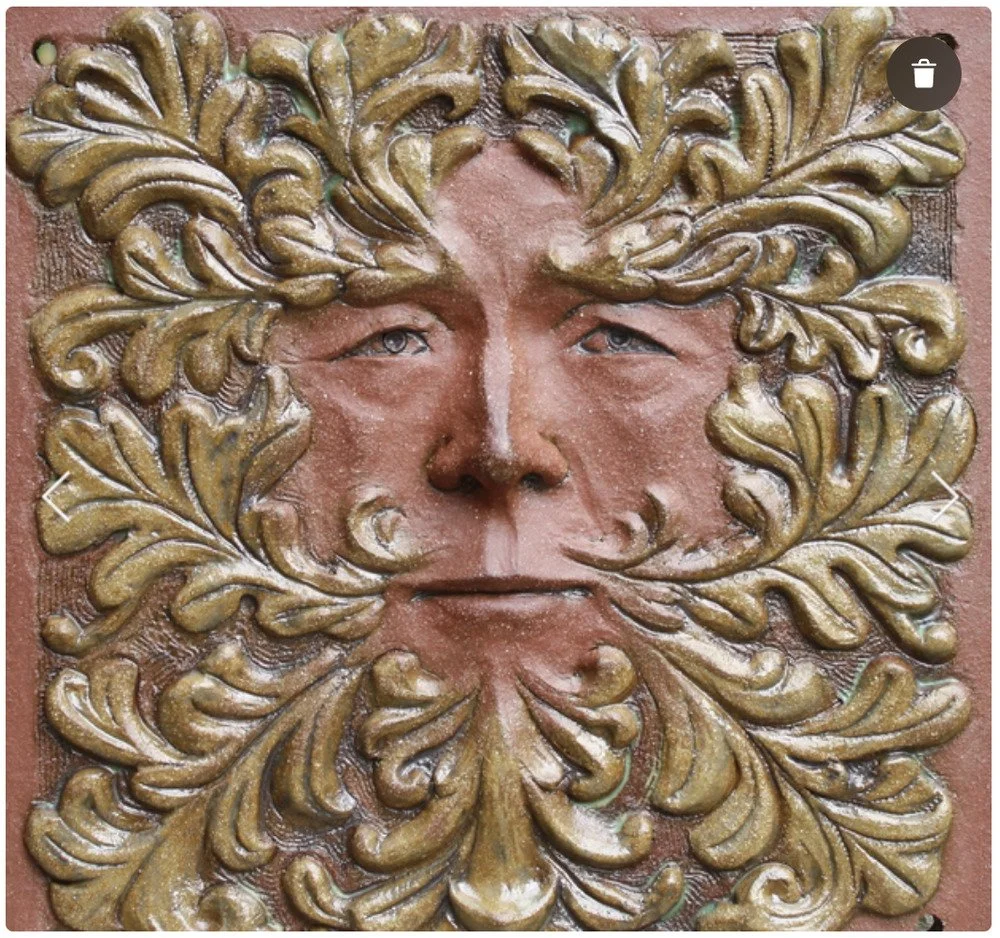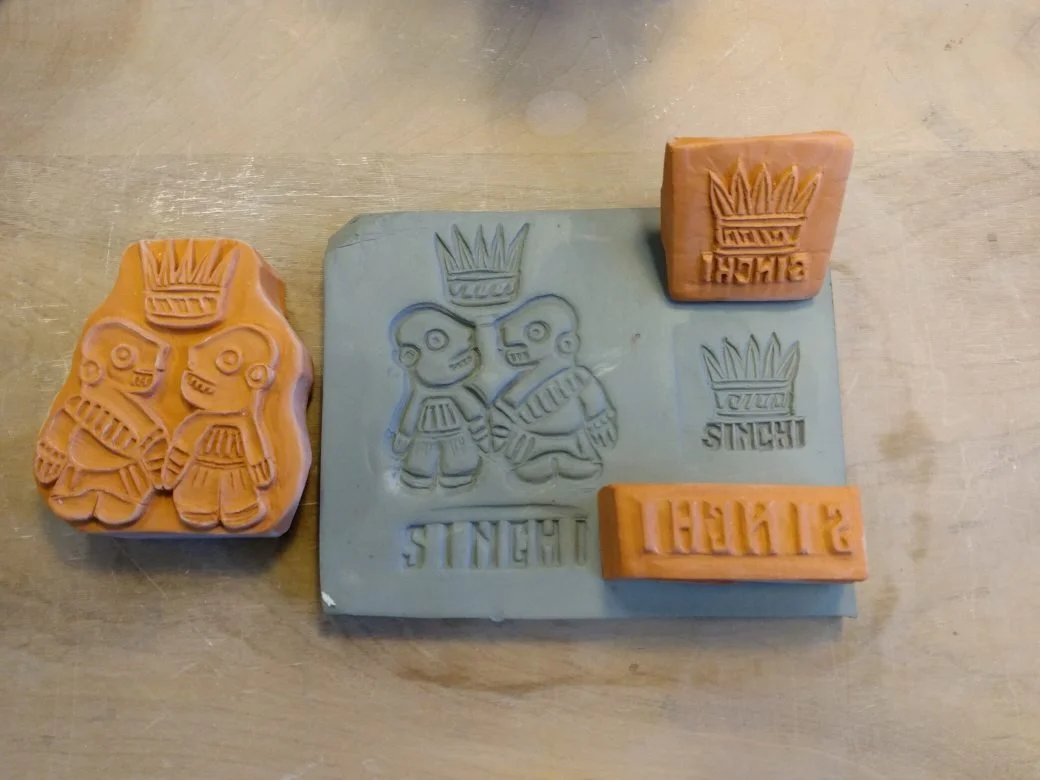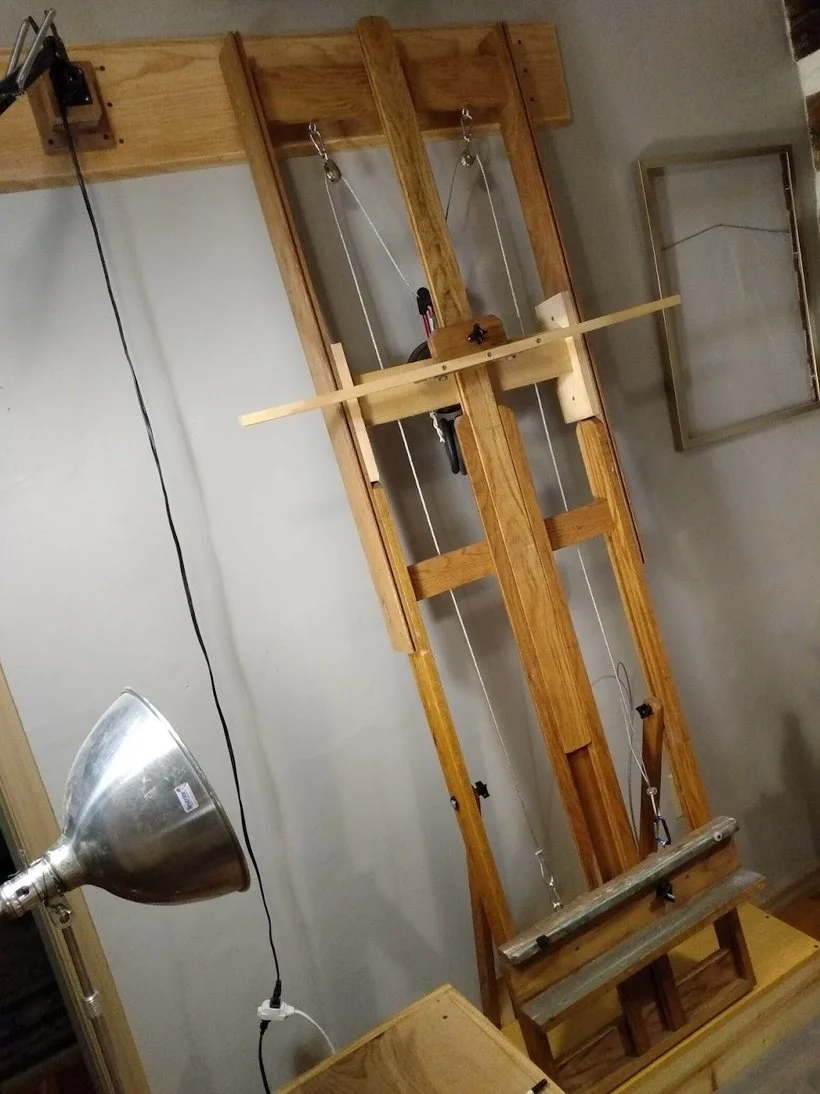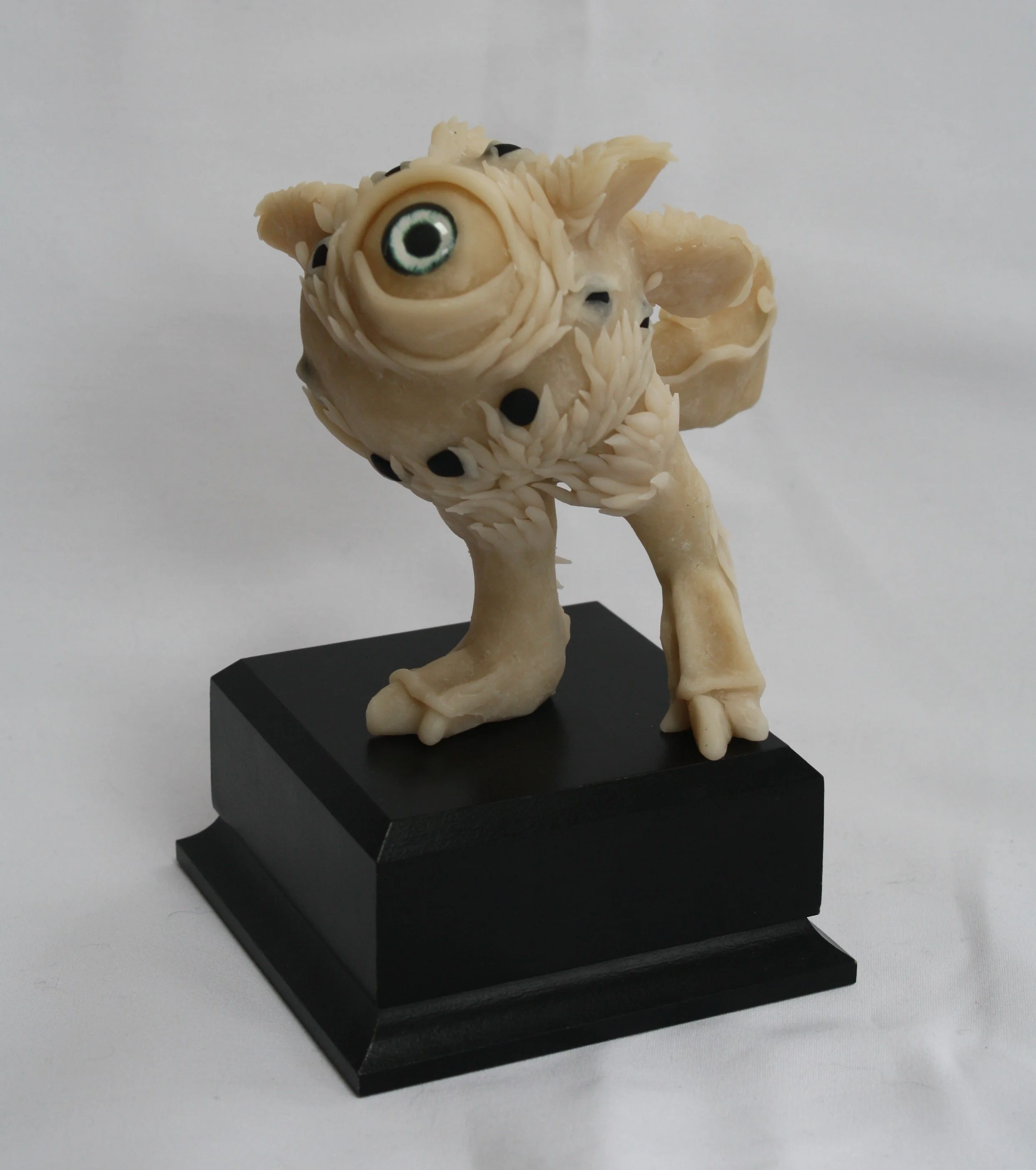You know those people who sit in the stands and throw trash onto the field. They’re the ones who are verbally beating up the players, flinging invectives and general negativity.
They’ve never been on the field. Never players. And yet they feel competent to criticize or judge something they themselves have never done. Perhaps they don’t have enought grit to spend hours every day honing the skills to make it into the competition. Or perhaps they don’t have the intestinal fortitude to put themselves on the field and endure the kind of criticism they know they’ll get. Whatever the reason, they aren’t in the arena.
This is why the critic doesn’t count.
What counts is the grit and determination of the player who gets out on the field, in the arena, onstage, and in the game. The player’s determination, their guts to keep getting back up after getting knocked down repeatedly, their willingness to take risks, to test their skills, to keep getting better and better every time. It’s ultimately the goal to master one’s self that counts.
Brene Brown’s excellent TED talk about not giving your power away to critics draws inspiration from a quote by Teddy Roosevelt on the “man in the arena” ~and you can read the full paragraph here.
So, if we can say to those critics “if you’re not in the arena, I’m not interested in your feedback.” why do we entertain that Big Critic in our head? Why do we allow it to censor ourselves when we make art?
Perhaps it would help if we think of that inner critic as just an aggregate of all the critics we’ve heard along the way. All of the voices that might’ve meant well ~ and those voices that just sought to tear us down~ we can discount them. They can’t possibly weigh in on how we should fight in the arena because they’ve never stepped foot in there. Therefore, they have no business living rent-free in our heads either.
We can begin to listen to ourselves. Our hearts make wonderful guides.
Toodle-oo. Begone critics and inner-critics.





